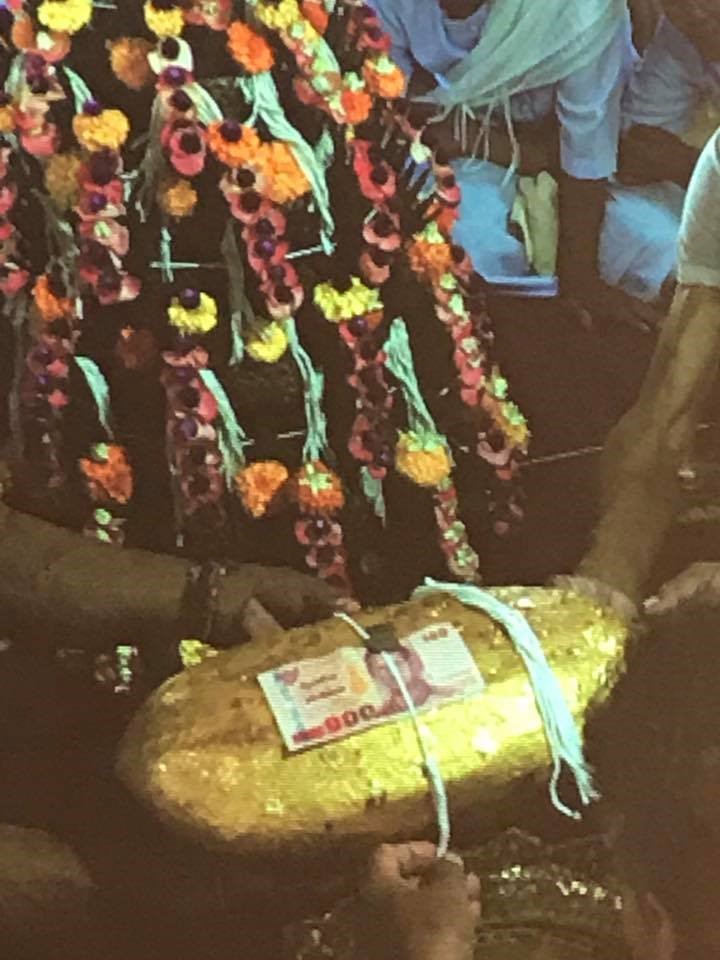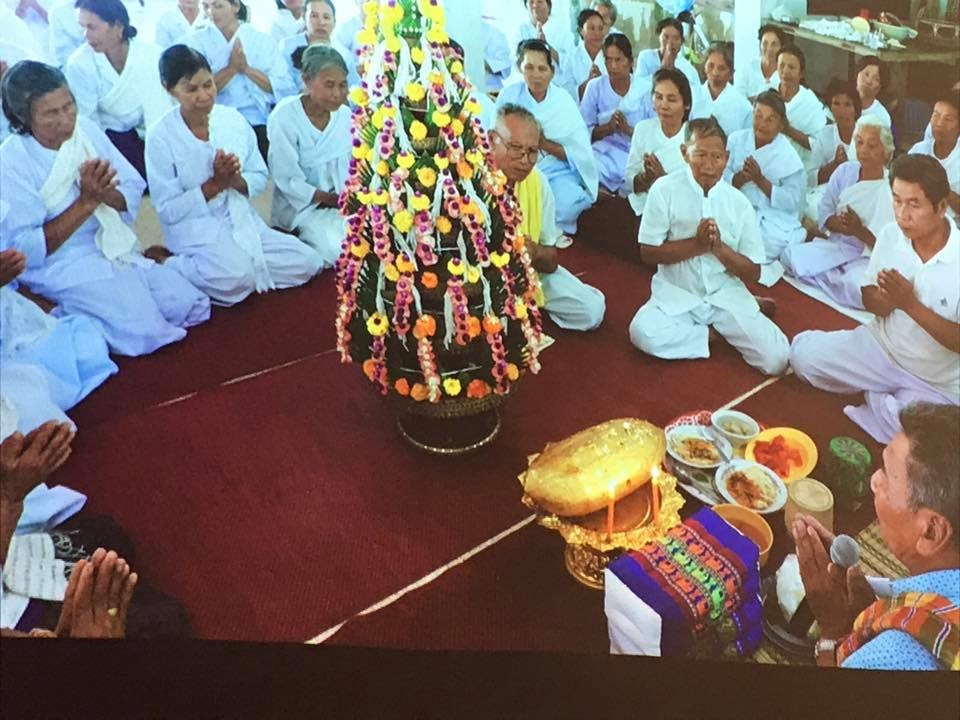Blog by Bandana Pattanaik[1] of the “Rice Tales” talk by Jittima Pholsawek on 12 August 2017 at SEA Junction
Annam Tinnawa?”, (Have you had rice yet?) was how Sivappa, the care taker of our apartment in Mehdipatnam, Hyderabad, used to greet me every day. Sometimes more than once a day. Here in Thailand they say, “Kin khao yang?” Same greetings, in two different languages, in two different parts of Asia. It shows how important rice is in our lives.
Today at SEA-Junction we were treated to a series of Rice Tales from Thailand. The Song Yod rice from Southern Thailand gets it name from Lord Rama, no less:
A mother in the forest was serving rice in the bowls of her kids even as the fragrant grains were getting cooked. The rice was so tasty that the by the time she finished serving the last child, the first few would have their bowls empty. And they would demand another serving! Lord Rama and his wife Seeta were passing by and saw this. He asked the kids to stop eating until everyone was served! Thus the name came to be named as Song Yod which means, stop in Thai.
 In the olden days rice grew wild and people didn’t cultivate it. In North East Thailand and Laos people believe that in the past rice grains used to be as big as coconuts or water melons! So people could cut them and eat pieces. Some stories would have us believe that rice could fly and enter people’s homes. Once some giant flying rice entered a household and disturbed a young couple while they were making love. So the couple clipped their wings as punishment. In North East Thailand people worship a wooden replica of the big rice. Everyone wears white and sits around the sacred rice. White threads are tied around people’s wrists. (See photos below.)
In the olden days rice grew wild and people didn’t cultivate it. In North East Thailand and Laos people believe that in the past rice grains used to be as big as coconuts or water melons! So people could cut them and eat pieces. Some stories would have us believe that rice could fly and enter people’s homes. Once some giant flying rice entered a household and disturbed a young couple while they were making love. So the couple clipped their wings as punishment. In North East Thailand people worship a wooden replica of the big rice. Everyone wears white and sits around the sacred rice. White threads are tied around people’s wrists. (See photos below.)
There were many varieties of rice and several have become extinct because of commercialization of agriculture. But some survive even though most people in Thailand eat Jasmine rice. The last few years have also seen many young enterprises trying to revive lesser known varieties. Khun Jittima Pholsawek, the speaker at the event, who has done extensive research on rice shared with us some of her films for Thai PBS. Her talk ended with a poignant poem that asked, “Who stole the rice (the many varieties they could grow) from the farmers?”
[1] International Coordinator Global Alliance Against Traffic in Women (GAATW)



